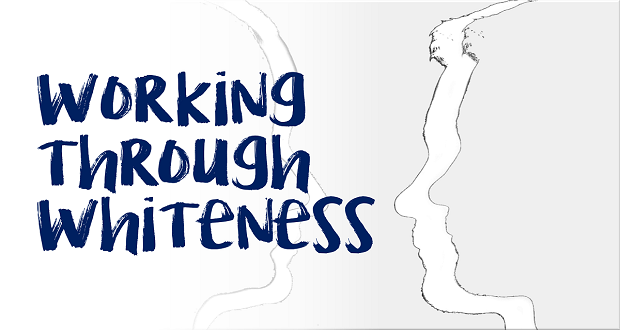Who helped you? Who decided that you were worth just one more minute of time? Who decided you were worth a second look? Was it your parents, coach, teacher, friend, neighbor, employer, a complete stranger? We understand and value when someone takes a second look at us. After all, don’t we deserve it?
We only seem to have a problem with “second looks” when they are not directed towards us or when they are directed towards those we deem to be stealing our “well-earned” looks—or jobs, college acceptances, scholarships, etc.—without merit. However, if there is no guarantee that someone will actually gain anything from a second look and any decisions are still based on merit, skills, truths, and strengths, there is no reason to feel threatened. After all, if someone whose people have been historically disenfranchised (by race, place, or life circumstance) is uplifted based on merit, isn’t that justice?
We all get second looks in life. We don’t make it to where we are by ourselves; someone decided that we were worth one more look. Maybe your high school teacher decided to re-read that assignment you turned in so that you could become a better writer. Maybe it was your coach who decided to call you off the bench during the big moment in the game. Maybe it was an employer who was reviewing your resume and felt that they should take one more look at your skills. Maybe it was that FTO officer who spent a little extra time with you on that probationary skill in order for you to be successful in your work, or maybe it was that DOC RN who gave you some tips on how to get a good blood draw during your internship. Taking a second look without the expectation of a benefit is a part of being a decent adult.
Affirmative action means taking steps to allow a second look at people from marginalized groups in order to erase the historical disparities that we see in three of the largest of these groups: women, minorities, and individuals with disabilities. Affirmative action is about taking a second look if an individual appears to have the same qualifications as others. Affirmative action does not automatically result in a hire without merit.
Affirmative action’s purpose is to monitor hiring practices to ensure that assumptions about race, ability, or gender are not used in order to make employment decisions. Affirmative action’s purpose is to ensure that merit is unbiasedly considered when making a decision on an individual’s selection for a job, promotion, or pay.
We all benefit from affirmative action. Affirmative action ensures that when the woman down the hall who works the same job as her male colleague discovers that (all factors being equal) she is being paid a lower wage, the employer has the responsibility to take a second look. It means if a male is underrepresented in a field, and it does not mirror our state’s demographics, the employer takes affirmative action to increase recruitment and retention efforts in order to reverse this trend in the workplace. It means that if a person belonging to a racial minority applies for a job and has the same qualifications as others who were invited to interview, their application is allowed a second look to determine if they should have the chance to interview too. It means if an employer discovers that you have a hidden disability, they do not make assumptions about your ability to work.
Affirmative action is about second looks. It does not guarantee employment or admission. It’s about making sure that hiring processes are fair and equitable for all. It is about making sure that none of us are judged for our looks, our disabilities, our religious beliefs, our sexual orientations, etc. It’s about a definitive second look with the possibility of corrective action if merit is discovered.
So, remember, who has helped you? When have you gotten a second look? How can we correct the fact that some people never have?



















